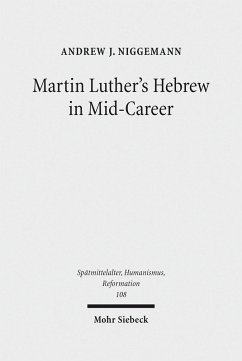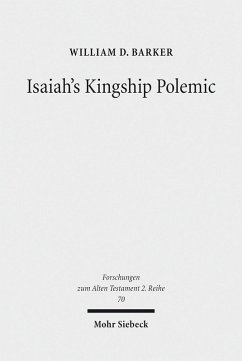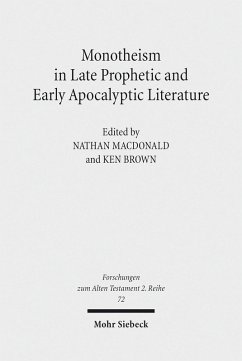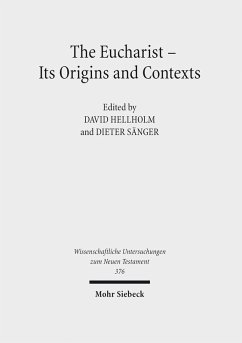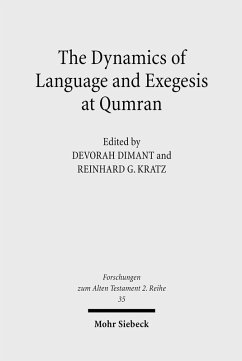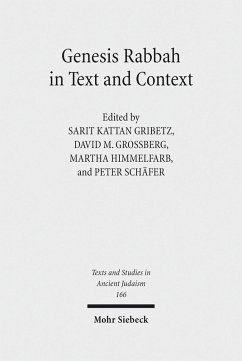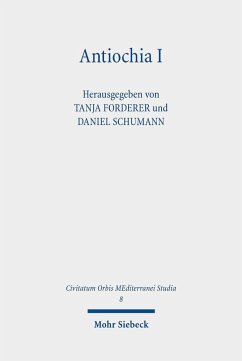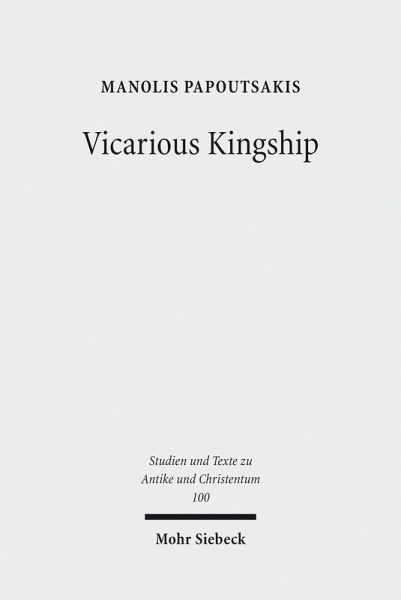
Vicarious Kingship (eBook, PDF)
A Theme in Syriac Political Theology in Late Antiquity

PAYBACK Punkte
0 °P sammeln!
Manolis Papoutsakis explores the conception of 'vicarious kingship,' a theme in Syriac political theology in Late Antiquity. Although the idea that the ruler on earth serves as the vicegerent of God in heaven is not an invention of Syriac writers, it appears that, within the Christian tradition, Syriac poets and homilists between the fourth and sixth centuries - the period covered in this monograph - are the first to introduce 'vicarious kingship' into a carefully thought-out and consistent eschatological pattern. These learned intellectuals elaborate on the imperial office by commenting on, a...
Manolis Papoutsakis explores the conception of 'vicarious kingship,' a theme in Syriac political theology in Late Antiquity. Although the idea that the ruler on earth serves as the vicegerent of God in heaven is not an invention of Syriac writers, it appears that, within the Christian tradition, Syriac poets and homilists between the fourth and sixth centuries - the period covered in this monograph - are the first to introduce 'vicarious kingship' into a carefully thought-out and consistent eschatological pattern. These learned intellectuals elaborate on the imperial office by commenting on, and alluding to, biblical narratives and by manipulating traditional idiom. Their thinking can be reconstructed and their compositions fully appreciated only after their exposition of the Bible has been carefully studied and their lexicon precisely understood. Early Syriac writings may thus provide answers to long-standing problems in fields that go well beyond that of Syriac studies. Born 1966; studied Classics (1990 BA, Athens), Hebrew (1994 BA, London) and Syriac (2000 DPhil, Oxford); 2002, 2003-2008 Lecturer, and 2009-2016 Assistant Professor in Syriac and Classical Armenian, Department of Near Eastern Studies, Princeton University; 2002-2003 Fellow, Dumbarton Oaks; 2008-2009 Member, Institute for Advanced Study, Princeton.
Dieser Download kann aus rechtlichen Gründen nur mit Rechnungsadresse in A, B, BG, CY, CZ, D, DK, EW, E, FIN, F, GR, HR, H, IRL, I, LT, L, LR, M, NL, PL, P, R, S, SLO, SK ausgeliefert werden.




